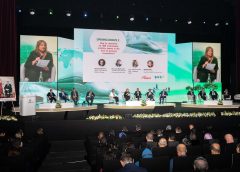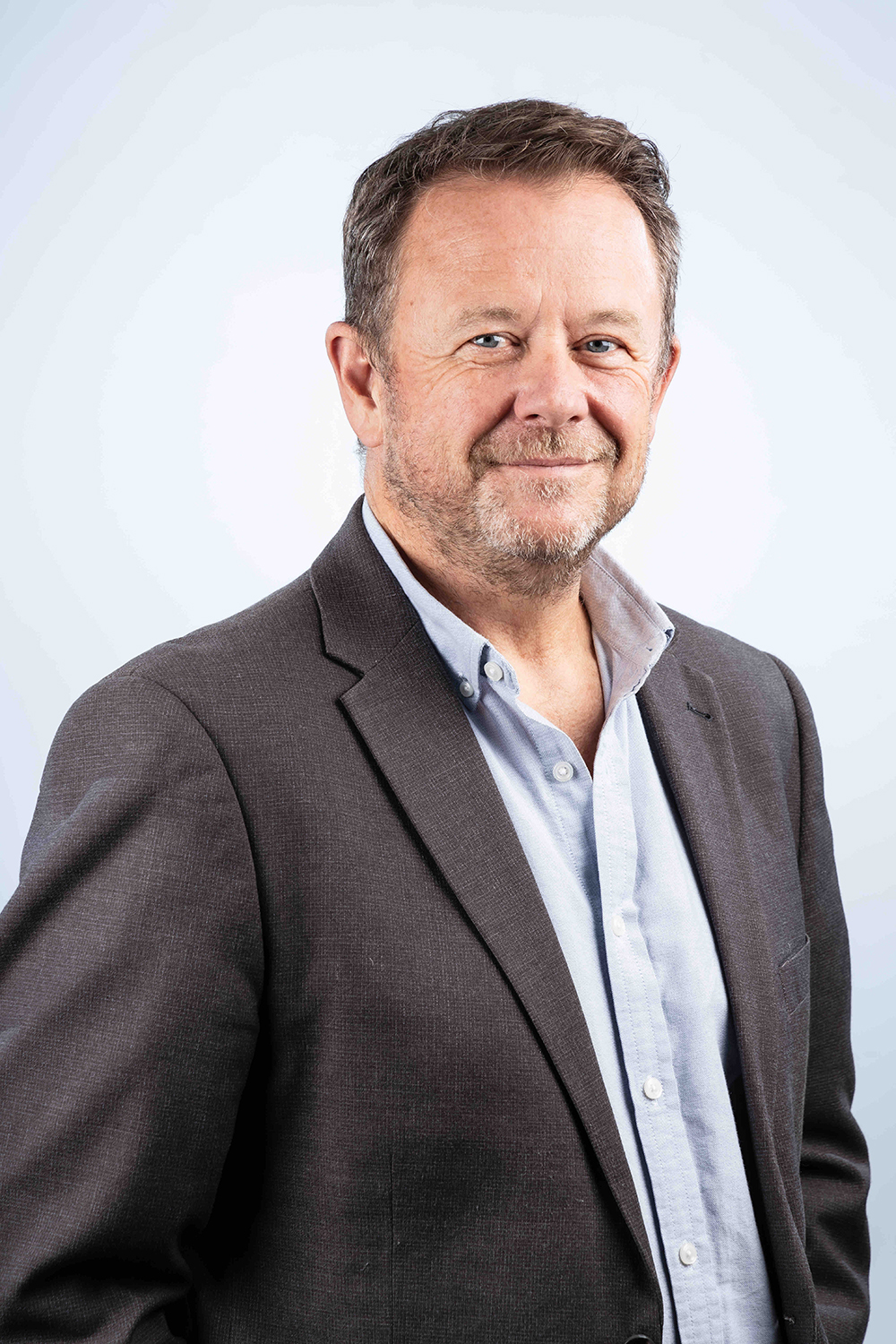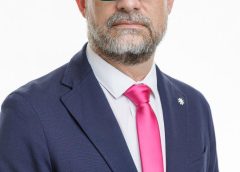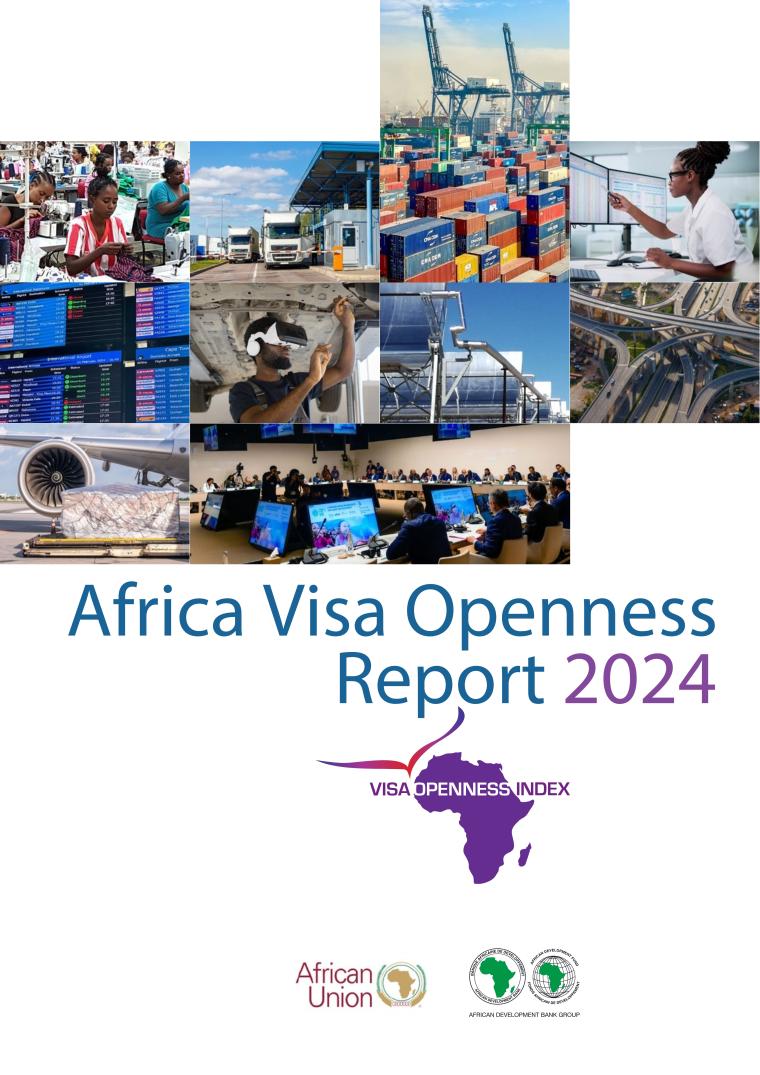The 11th edition of the UIC World Congress on High-Speed Rail is taking place from 7 to 10 March 2023 at the Palais des Congrès in Marrakech, Morocco under the auspices of the International Union of Railways (UIC) and the Moroccan Railways (ONCF).
The 3 days global event, which brings together the world’s key players in high-speed rail, is organised under the High Patronage of His Majesty King Mohamed VI, on the topic: High-speed rail: the right speed for our planet. This slogan, has been adopted for the congress to emphasise rail’s contribution to addressing climate change and its role in territorial development.
The event had an impressive turnout, with 1,500 attendees hailing from 48 different countries. Among the participants were 25 CEOs who came together for the first time, as well as Ministers and Ambassadors from all continents. The event was also sponsored by 25 companies and featured a 1,000 m2 exhibition area. The event boasted a lineup of high-level keynote speakers and representatives from various regions across the world, including railway CEOs, political decision-makers, transport authorities, railway companies, and key players in intermodality, infrastructure management, the supply industry, financial institutions, customers, study and research institutes, universities, and more. All participants invited to attend the event’s working sessions, trade show, and technical visits.
The program is structured into three primary categories: roundtables and simultaneous sessions, providing an opportunity for attendees to engage in detailed discussions and share knowledge regarding the latest advancements in HSR planning, construction, technology & equipment, operation management, and safety. In addition, one full day will be dedicated to technical visits.
Furthermore, this event will serve as a platform for dialogue and exchange amongst HSR nations, setting the course for future HSR research and development, which will have a significant impact on the future of high-speed rail.
At the opening ceremony, Mr Krzysztof Mamiński, UIC Chairman and CEO of PKP Polish Railways, gave a warm welcome to the congress, saying:
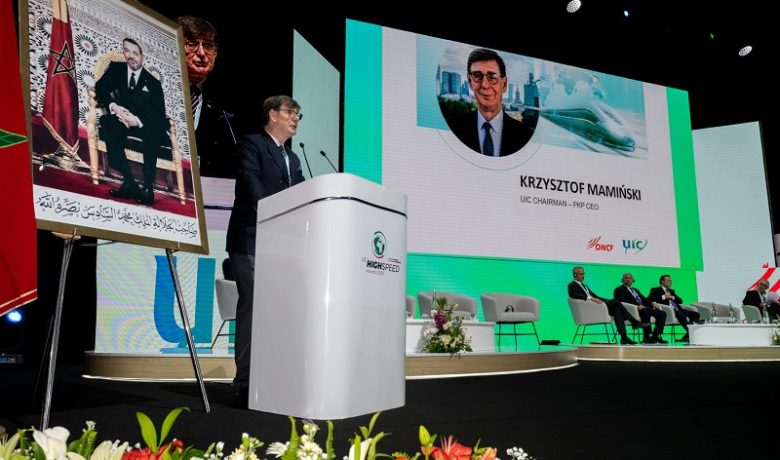
“As Chairman of the UIC, I am personally very happy to be here with you today. High-speed rail is developing very dynamically: the pandemic did not prevent the expansion of high-speed railways with their total length going from 44,000km in 2020 to approximately 59,000km in 2022, an increase of over 1/3. Moreover, the number of countries making use of high-speed railways is only increasing, as additional countries are in the process of developing projects. The plans of Europe, Asia, Africa, North America, Middle East as well as of my country, Poland, show that this is a growing trend, which is absolutely the right direction.
The challenges facing us today are global: new sustainable mobility systems, decarbonisation of economy at the national, local and supranational level; a new economic situation and political challenges that requires new activities and transport solutions against climate change. It is possible to deal with them positively and effectively. Many of us develop proposals and ideas to solve them. Despite the fact that HSR may be considered remote for some countries, HSR is beginning to respond to many global challenges. By working together, we can achieve more and faster.”
For Mr Mohammed Abdeljalil, Moroccan Minister of Transport and Logistics:
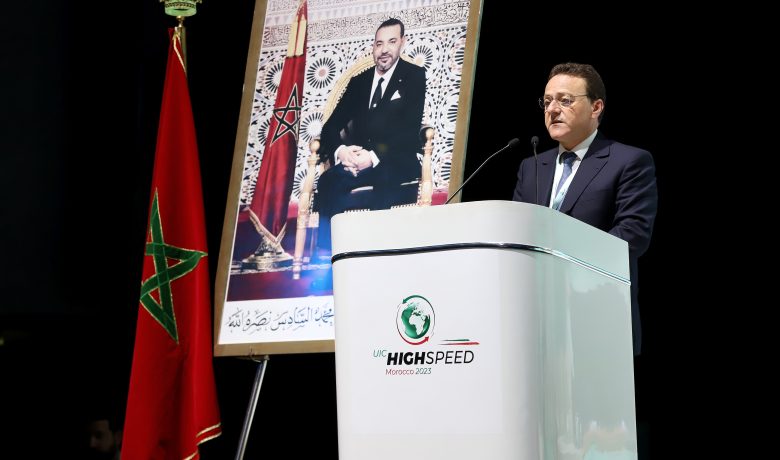
“Of course, joining the club of countries with high-speed rail lines is not a luxury that our country seeks to afford, but rather an absolute necessity. It denotes the sense of realism of the public authorities, providing a structural response to a level of mobility in sustained growth, combined with the imperatives of sustainable development and regional planning. As you will have the opportunity to understand more fully, the remarkable performance recorded by ’Al Boraq’ confirms the relevance of the strategic choice of our country in terms of the development of the national railway system. They truly affirm the benefits, material and immaterial denoted in several registers. To be considered, since the new era, only the competitiveness and the constant attractiveness of the use of the train in the daily journeys of citizens, thus constituting a reference model in terms of improving public services. Such an impetus encourages us to pursue, with determination, the ambition of deploying by 2030, the second stage of this master plan, to extend our high-speed network to Agadir, which embodies the centrality of modern Morocco.
This step, which requires the mobilisation of nearly 10 billion euros, will result in denser coverage of the Atlantic Axis by the high-speed network taking it to more than 800 km. In addition to the intrinsic effects of this system, such a development is likely to reposition rail, the low-carbon mode par excellence, as the backbone of sustainable mobility within our country, while benefiting from the capacities freed up for a network of local regional rail transport”.



